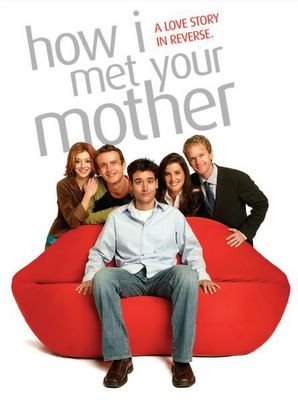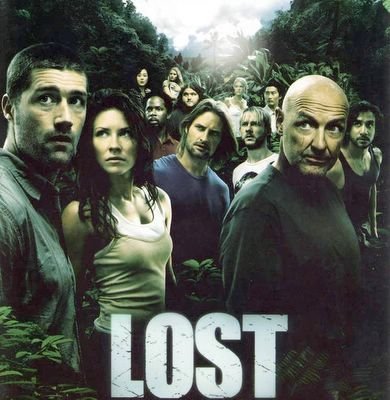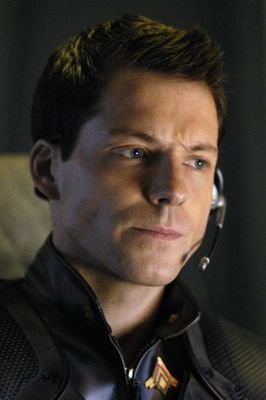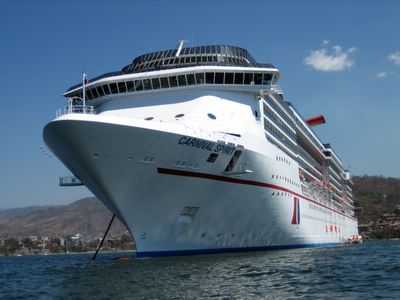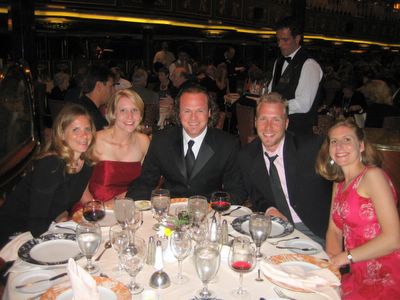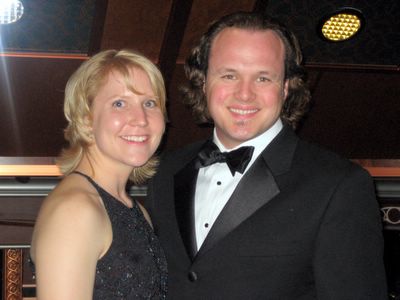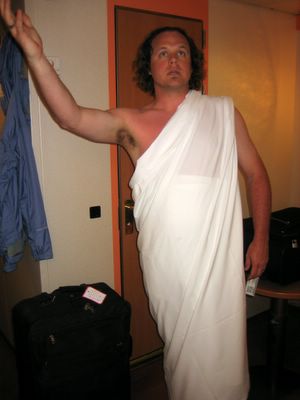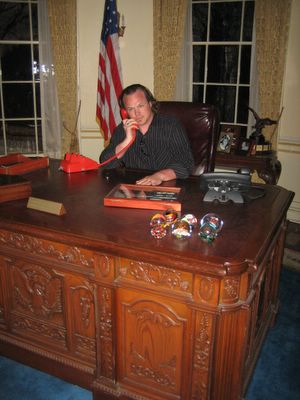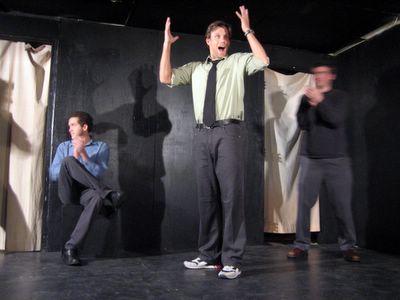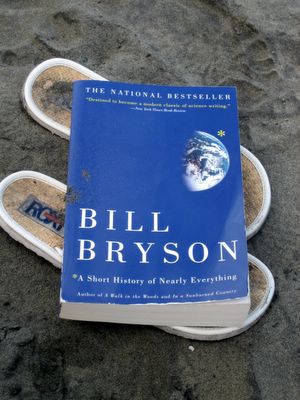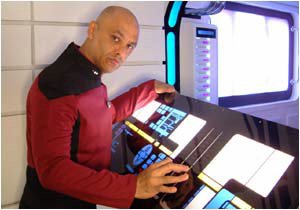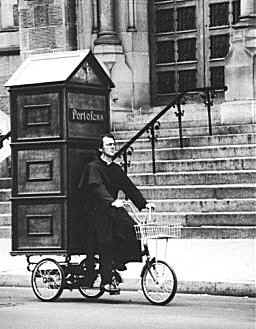 “May God’s grace give you the necessary humility. Try not to think—much less, speak—of their sins. One’s own are a much more profitable theme! And if on consideration, one can find no faults on one’s own side, then cry for mercy: for this must be a most dangerous delusion.”-C.S. Lewis in ‘Letters to an American Lady’
“May God’s grace give you the necessary humility. Try not to think—much less, speak—of their sins. One’s own are a much more profitable theme! And if on consideration, one can find no faults on one’s own side, then cry for mercy: for this must be a most dangerous delusion.”-C.S. Lewis in ‘Letters to an American Lady’In his fantastic book, "Blue Like Jazz," Donald Miller has a chapter titled simply, "Confession."
As the chapter opens, Miller tells of an annual festival that occurs at the college where he attends, in which the student body notoriously degrades into anarchy with students racing around the campus drunk, stoned or naked—and often all three. He and some friends decide to use the weekend’s festivities to “come out of the closet” as Christians. Their plan is to set up a confessional booth in the middle of campus and let the partying students just wander in.
What makes the chapter so phenomenal, however, is just who is going to be doing the confessing.
“'We are going to confess to them,'” says Miller’s friend, Tony. “'We are going to confess that, as followers of Jesus, we have not been very loving; we have been bitter, and for that we are sorry. We will apologize for the Crusades, we will apologize for televangelists, for the way government always uses God to manipulate the masses into following them, we will apologize for neglecting the poor and the lonely, we will ask them to forgive us, and we will tell them that in our selfishness, we have misrepresented Jesus on this campus. We will tell people who come into the booth that Jesus loves them.'”
Later, Miller admits, "I thought to admit that we had done any wrong was to discredit the religious system as a whole, but it isn’t a religious system, it is people following Christ; and the important thing to do, the right thing to do, was to apologize for getting in the way of Jesus. It would feel so good to apologize. I wanted so desperately to say that none of this was Jesus."
I’ve always liked the idea of the Catholic confessional booth. It just makes sense to me. If it was up to me, I’d have several installed in every mainline evangelical church.
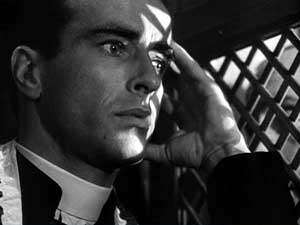
I think the evangelical church recognizes the need, though not perhaps the solution. Why else have things like group and accountability partners become such an integral part of the modern evangelical church? Could it be because we realize there is a deep and unfulfilled need here?
Truth is, we can’t fool ourselves. We know we’re rotten and need to confess. There are even websites like
Daily Confession where you can confess your sins to cyberspace and anybody who happens to log on. And thousands do so every day.
I think we’ve forgotten the importance of confession. Sure, we confess to God in our prayer life, as we should, (“Search me O’ God and see if their be any wicked way in me." -- King David) but there is something about laying yourself bare before another person, risking exposing your dark side, trusting in their unconditional love and support, that fulfills a very human need. It also acts to foil our innate pride and selfishness and remind us of the true condition of our hearts.
Not only does the Bible command us to “confess your sins, one to another” but there always seems to be something liberating in the act of coming clean, of finally telling another person the thing that has been eating at us for so long.
No one is suggesting that absolution comes at the hands of a priest or the one to whom you are confessing. That power lies with Christ alone. But confessing our sin to another person reveals it to be a palpable, tangible thing with very real consequences.
Our hearts cannot be pure where there is hiddenness or deception.
A person of great faith isn’t above confession. A Christian should not approach confession with fear or shame, but as an opportunity to rejoice in God’s mercy. Their life isn’t a tangled web of rules. Nor is it a simple formula. It is an encounter with Jesus Christ. Our faith cannot be in liturgies or formulas or even in the sort of forward progress we discussed before—it has to be in Jesus.
As someone slowly making his way down the Canterbury trail, one of the single biggest differences I've been able to discern between the liturgical and evangelical traditions is humility. Evangelical traditions are so very sure of themselves, so very proud of their positions, so very confident in their unbreakable rightness. Liturgical positions, more often than not, seem so penitent, humble, so very aware of our human fallibilities and the likelihood of our errancy—both corporately and individually.
I love the way this stance is woven into the weekly liturgy. The service moves in several acts, almost like an elegant Shakespearian play. The liturgy rises and falls like the breathing of a single pair of lungs. One of the most moving of these punctuation marks is the moment when, before we partake of communion, we confess our sins to God and one another.
The celebrant begins:
“Almighty God to you all hearts are open, all desires known, and from you no secrets are hid…”
And we respond:
“Most merciful God, we confess that we have sinned against you in thought, word, and deed, by what we have done and by what we have left undone. We have not loved you with our whole heart: we have not loved our neighbor as ourselves. We have injured those you commanded us to love. We are truly sorry and we humbly repent. For the sake of your son, Jesus Christ, have mercy on us and forgive us, so we can delight in your will and walk in your ways to the glory of your name. Amen.”
What I love about this confession is that it leaves nothing out. Not only are the sins of our deeds and words accounted for, but our thoughts as well. Moreover, sin is not just something one does, it is often found in those things we ought to do but don't.
There is another response that can be given to the celebrant. This one reads:
“Almighty God, Father of our Lord Jesus Christ, Maker of all things, Judge of all men; We acknowledge and bewail our manifold sins and wickedness, Which we, from time to time, most grievously have committed, By thought, word and deed, Against thy Divine Majesty, Provoking most justly thy wrath and indignation against us. We do earnestly repent, And are heartily sorry for these our misdoings; The remembrance of them is grievous unto us; The burden of them is intolerable. Have mercy upon us, Have mercy upon us most merciful Father; For thy Son our Lord Jesus Christ's sake, Forgive us all that is past; And grant that we may ever hereafter Serve and please thee In newness of life, To the honour and glory of thy Name; Through Jesus Christ our Lord. Amen.”
There are some I know who find my liturgical bent of the past few years difficult to deal with. One of their primary complaints lies in the recitation of printed prayers. Imagining that all prayers must be spontaneous to be valid, they believe regurgitated prayer to be of reduced power, or worse yet, powerless to begin with.
But reciting a prayer, actually reading it outloud, allows one an even greater focus on the words that are being said. I have a hearing friend who translates for the deaf. Oftentimes he finds himself at seminars, church services, speaking engagements or college classes where he must translate topics of which he has little to no comprehension. However, by the end of the session, he understands it--at least to the degree it has been presented—thoroughly. In fact, he's told me that if it is a topic about which he is very interested, he actually wants to translate instead of merely being an audience member. The reason? By hearing the words and running them through him mind one at a time, digesting them and regurgitating them, he comprehends and retains so much more than if he were just hearing them.
Recited prayer is very much like that. In reading a prayer and saying it aloud, one cannot help but focus on the language used and its intended meaning. It is not absorbed by hearing only, but in thought and speech. It engages multiple senses. I find that immensely moving.
Finally, before we make our way forward for the Eucharist:
“We do not presume to come to this thy Table, O merciful Lord, trusting in our own righteousness, but in thy manifold and great mercies. We are not worthy so much as to gather up the crumbs under thy Table. But thou art the same Lord, whose property is always to have mercy…”
Even if you don’t know the story of the Canaanite woman from Scripture, you probably know the phrase, “we are not worthy to gather up the crumbs under thy table.” It is from her confession, found in the Gospels, that Thomas Cranmer, the reforming archbishop of Canterbury, fashioned "the prayer of humble access." No communion service is complete without it. The liturgy progresses in a rhythm—the bidding to confession and general confession, absolution, comfortable words of encouragement, and a final prayer for worthy reception of communion—the prayer of humble access.
I find it beautiful, because it puts us in our place. There is nothing in us, nothing we have done, are doing, or will do that makes us worthy to approach God’s mercy. We are, in fact, not worthy to even partake of his refuse. But it is God’s character to have mercy…always...and forever. And because of that mercy, we can boldly confess our sins and approach his forgiveness time after time after time after time.
Martin Luther once said, "Sin boldly, yet more boldly still believe."
At first glance it appears that Luther is taking advantage of Bonhoeffer's "cheap grace" and the belief that the Christian has access to forgiveness and can therefore sin freely and willfully. Yet nothing could be further from the truth. What Luther is saying is that God calls us to live out our faith in the world boldly, courageously, utterly without fear of what others may think or of whether we're going to do or say the wrong thing.
No, we won't always get it right. Sometimes we will fail spectacularly. Sometimes we may sin egregiously. Even all of our good works in life are tainted with sin. But we mustn't stop living out our faith—dialoguing, loving and making the sort of difficult choices we are called upon to make, while all the more clinging boldly to Christ's righteousness to cover us when we screw up. Our confidence in the Christian life is based not on the flawlessness of our judgments and actions, but on the promises of God's Word.
Once again, that confidence begins with
“I'm sorry..."...and
“thank you.”


